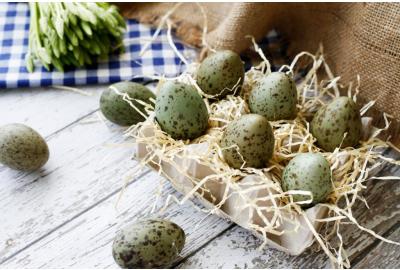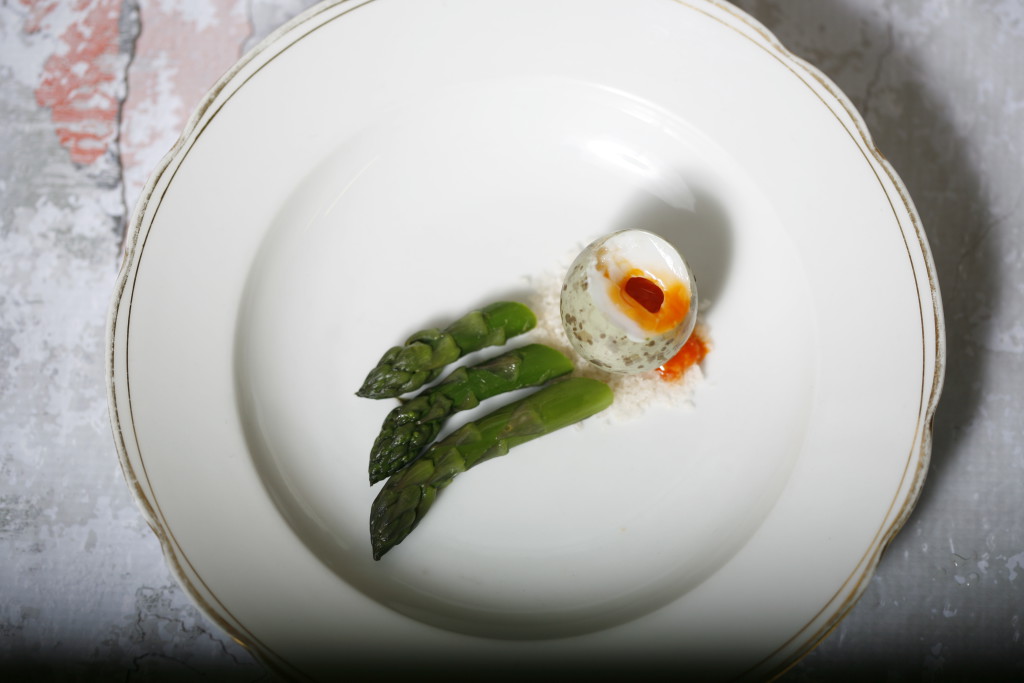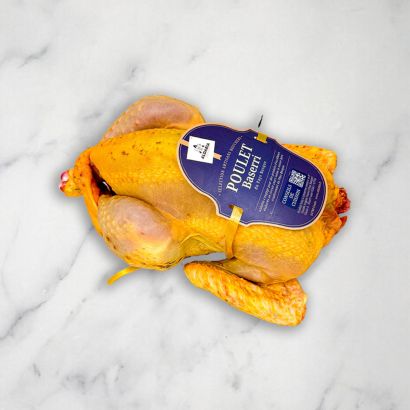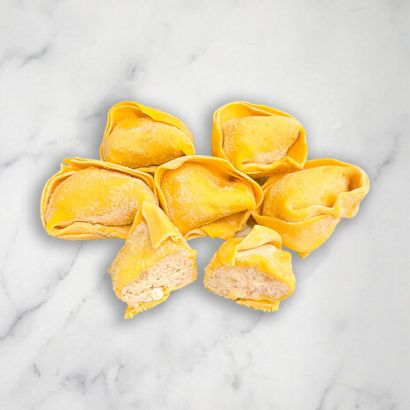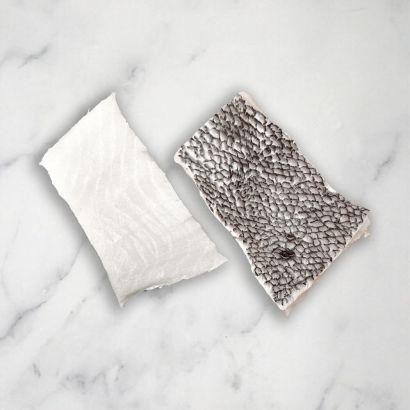For many foodies, the beginning of May is an exciting time of the year as it marks the start of the short wild gull’s eggs season. A fleeting luxury, these eggs are thoroughly enjoyed in the culinary world for only three to four weeks, which explains the high level of demand.
Gull’s eggs have been a delicacy since the Victorian era, particularly popular after the second World War, when hen’s eggs were scarce. Back then, the collection practise used to be more widespread, however regulations were put in place by the government to require that collectors must hold a license to be allowed to pick gull’s eggs – the collectors are known as ‘eggers’, of which there are only around twenty-five registered in the UK.
The gulls start building their nests at the beginning of April and the beautiful blue-green eggs start to be laid in late April/early May. Some eggers are known to help the gulls as much as possible, by standing guard and protecting nests from incoming tides or predators. There are six sites in the UK where the eggs are picked: Keyhaven, Lymington marshes , Pylewell marshes, north Solent nature reserve in Hampshire, Barden Moor and Upper Teesdale. Fine Food Specialist sources the eggs from a highly regarded distributor, who in turn buys them from licensed eggers who work in the Lymington marshes area.
There are only a handful of licensed eggers allowed to operate in the UK, and they do so only in specially designated collection areas – eggs laid outside this perimeter cannot be collected.
Collecting ceases 3-4 weeks before the gulls’ hatching season ends, ensuring that tens of thousands of eggs in the collection areas are allowed to hatch, making sure that the practise is monitored, limited, and sustainable.
The eggs are smaller than a hen's egg, with a thinner and more delicate shell, which is covered in a speckled pattern. The flavour of the gull’s eggs is much richer than a hen’s egg, with a gamier taste. The gull's eggs season happens to fall at the beginning of the asparagus season, and the two ingredients compliment each other very well.
A simple but delicious way to enjoy these eggs is to soft boil them, then serve with asparagus spears or celery, perhaps wrapped with Parma ham, to dip into the egg. Alternatively, you can poach or fry the eggs which also enhances their rich and creamy flavour that is so memorable. You can purchase gull's eggs from our website by clicking here.

